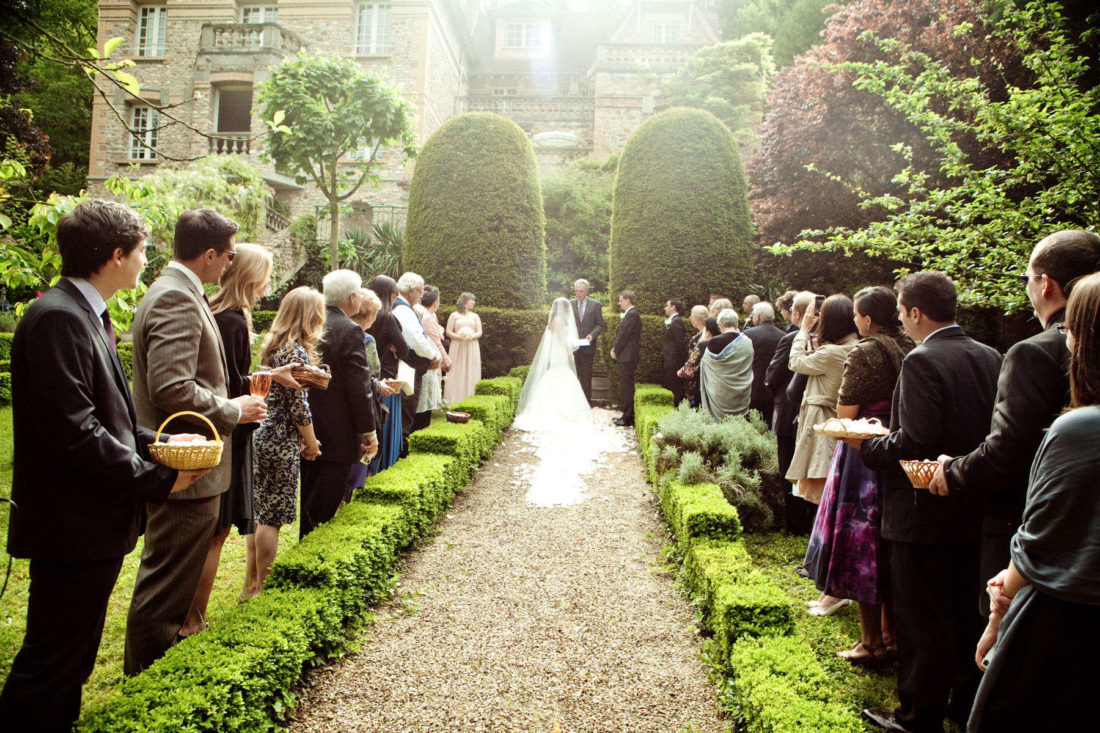The 5 Most Difficult Wedding Choices You’ll Make (and How to Make Them)
Your wedding is one of the most exciting events of your life, but it can also be one of the most stressful. For many couples, budgetary concerns can make the event a financial burden. For others, the idea of the entire family getting together is a nightmare. But for all couples, one of the most difficult aspects of the wedding planning process is simply making the choices necessary to finalize the plan.

Why Choices Are Hard
Choices put you in control of the situation, so why are they so stressful?
There are a few root causes here:
- Choices can be overwhelming. The paradox of choice goes something like this; the more options you have, the harder the choice will be. When planning a wedding, you’ll have hundreds of options in hundreds of different dimensions.
- You’re in charge. You’re in control of which choices get made, which can be comforting, but also intimidating; if you make a bad choice, the burden of fault is on you.
- Decision fatigue. Making a decision is like using a muscle; the more you do it, the more challenging it becomes. Since you’ll be making so many decisions in a short period of time, decision fatigue can set in quick.
The Hardest Choices
So which are the hardest choices you’ll face when planning the wedding, and how can you make them easier?
- Choosing a ring. Choosing an engagement ring (and later on, wedding rings) is an exceptionally hard decision—especially if you’re a prospective groom trying to surprise your prospective bride. This is a permanent artifact designed to symbolize your love; it’s not a process you want to rush. On top of that, your rings will cumulatively represent one of the biggest costs in your entire wedding; if money’s tight, you might have to have a hard conversation with your partner about how much to spend, and walk a careful line between investing in something special and saving enough money for other needs. You can make the decision earlier by being as open as possible with your partner about your wants and needs and by limiting your prospects with a specific set of criteria.
- Choosing items on a registry. Choosing a registry and the items on a registry can quickly become overwhelming; not only do you have to decide on a location that best suits your needs, you also have to choose an assortment of items that are both reasonable and well-suited to your current lifestyle. You can take some pain out of the decision by opting for an online registry; not only is it less time-consuming and more convenient, you’ll also have a wider range of options for items to include on your registry.
- Locating a venue. Your venue will be the backdrop for one of the most significant memories of your life—and you might have to choose separate venues for the ceremony and the reception. You’ll need to balance many variables, including location, design, cost, amenities, and other factors, so the decision can quickly become complex. You can mitigate the complexity of this decision by starting with a narrower pool of options, or by deciding on a type of venue and a budget in advance. The more options you can eliminate immediately, the easier your decision is going to be.
- Selecting the food and drinks. Anyone who’s been to a wedding can attest that the best part is enjoying the food and drinks. This makes the catering an especially important decision, and one of the most memorable for you and your guests. There are many options at every end of the budget spectrum, and you’ll also need to consider the ease of catering in your specific venue. Again, one of your best strategies is eliminating as many options as possible, as fast as possible; the narrower your range of options is, the better.
- Deciding who to invite (and where to sit them). Finally, you’ll need to consider who to invite and where to seat them. If you forget to invite someone close to you, they may be emotionally hurt. If you invite people who don’t get along with each other, you’ll need to make sure they sit far apart from one another. On top of that, every person you invite will increase the total cost of your wedding. Unfortunately, this is a time-consuming process, and one that’s not easily truncated.
Fortunately, there are ways to mitigate the stress and challenge of making decisions in your wedding. Treat each decision as carefully as possible, and make sure you include other people in the process; conferring with others takes some of the stress out of the equation, and gives you outside perspectives that can be hard to notice when you’re laser-focused on finalizing wedding plans.









